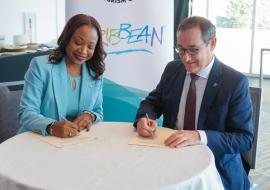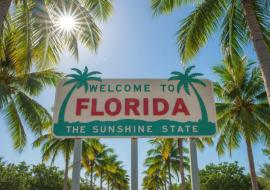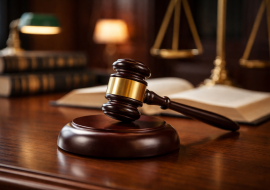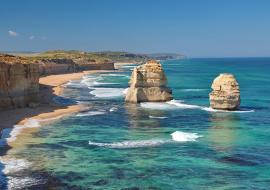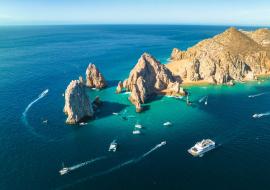Caribbean Islands Start Tourism Recovery… This Is How
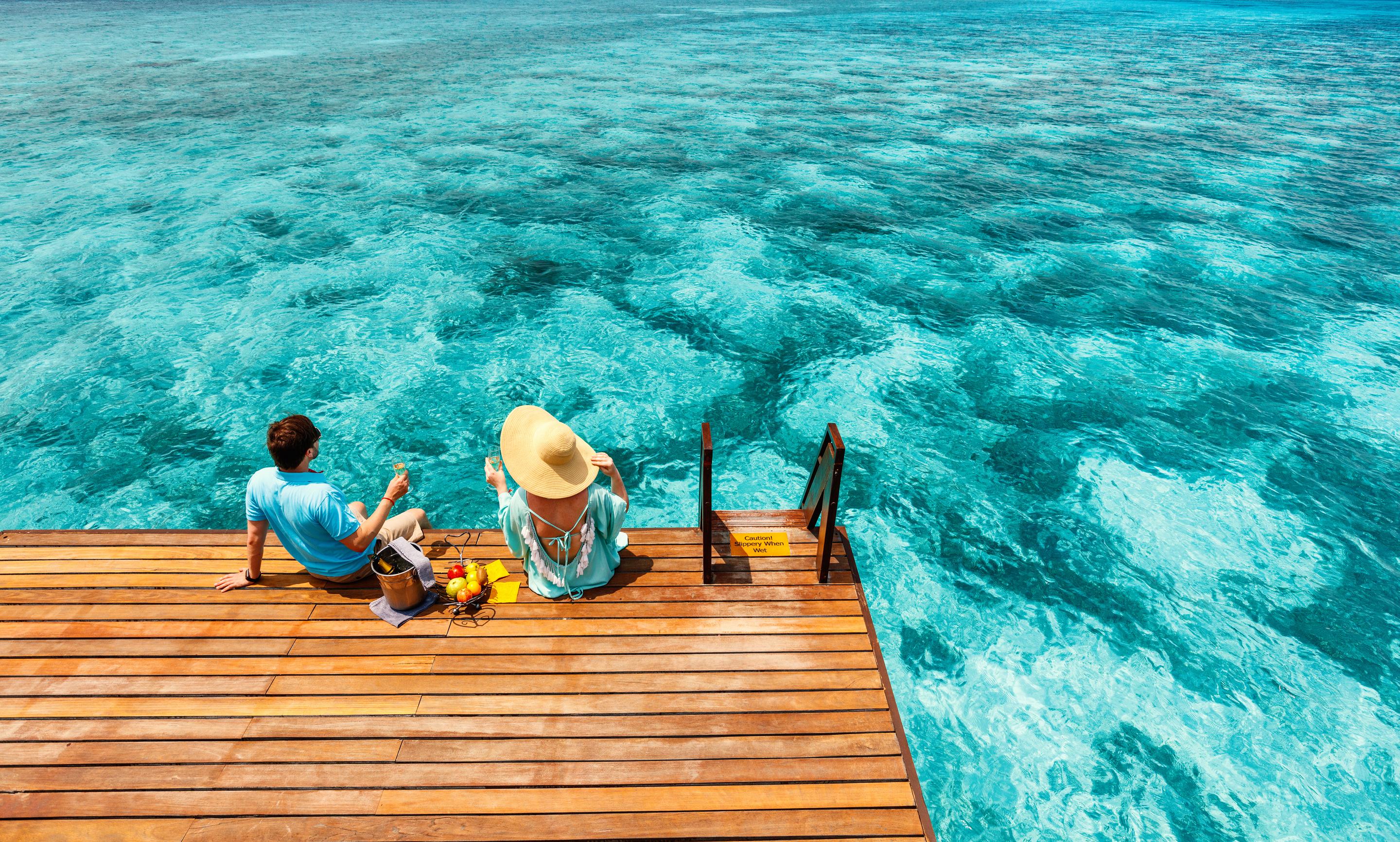
All around the Caribbean region, many countries are still facing COVID-19 challenges, including the damage to the economies of the impacted islands.
This week, Antigua and Barbuda reopened its borders to international travel, the first in a string of Caribbean countries looking to restart the region’s most significant industry.
Today we look at some of the islands welcoming back tourists and the plans they have outlined to do so safely.
Antigua and Barbuda
On Monday, the Caribbean Media Corporation reported that the twin-island nation of Antigua and Barbuda reopened the VC Bird International Airport as it unlocked borders.
The Antigua and Barbuda Airport Authority said it will be “restricting traffic through the terminal to travellers and airport staff and that they will all be subject to the agreed protocols, which include all passengers being required to wear masks during the arrival and departure process”.
Under its terms for reopening, the Airport Authority has required all arriving passengers to complete a health declaration form. Port health authorities will conduct health and screening checks. As part of the reopening measures, all airport staff interfacing with the travelling public must wear personal protective equipment in line with standard health protocols, according to the report.
Aruba
The government of Aruba plans to reopen the island to tourists between 15 June and 1 July, according to the Aruba Airport Authority.
However, it said the target dates are subject to change “as we may consider additional precautionary measures as needed”.
At present, only legal residents of Aruba on flights approved by the island’s Department of Civil Aviation are allowed to land.
The Aruba Airport Authority has not specified what the new requirements for entry into the island will look like.
However, in its FAQ section, the authority said, “a lot of new guidelines, processes, measures and any other facility activities need to be in place to be able to restart under the new way of operating an airport in a social distancing environment”.
A tentative flight schedule has already been released for the island, outlining incoming flights from the US, Latin America and Europe.
Bahamas
Bahamas Minister of Tourism Dionisio D’Aguilar announced this week that the country will begin a phased reopening of its tourism industry starting 15 June. The full opening of Bahamas’ borders is projected for 1 July.
In the first phase, boaters, yachters and private pilots will be allowed back into the country.
Phase two of the tourism-reopening plan includes resuming international and domestic airlines, reopening of hotels and vacation rentals, and restarting bus and taxi services, the Bahamas Tribune reported this week.
The Bahamas national reopening plan outlines the government’s strategy for reopening, which includes pre-arrival requirements for all passengers to wear masks when transiting terminals as well as travelling with medical certificates indicating good health.
It outlines plans for advanced screening of passengers, including temperature testing.
Bermuda
This British Overseas Territory is aiming to reopen its borders to tourists in the summer, although a definitive date is yet to be released.
The country’s leaders have indicated that, as Bermuda moves through its phased plan for reopening, it will be increasing its COVID-19 testing capacity and investing in medical technology.
It is expected that mandatory physical distancing and health protocols will be implemented.
Bermuda’s Tourism Minister Zane DeSilva said in his statement at a COVID-19 briefing this week that Bermuda was “closer than ever” to reopening borders to commercial air travel.
British Virgin Islands
In the British Virgin Islands, plans are underway to reopen borders this month.
This week, limited opening of BVI’s borders began to allow returning nationals, permanent residents, work-permit holders and naturalised citizens into the island.
BVI’s Health Minister and Deputy Premier Carvin Malone said the border-reopening process must be carefully handled to prevent a resurgence of the virus, according to The Virgin Islands Daily News.
He said every person coming into the territory will be subject to health screening on arrival, ongoing monitoring during a 14-day mandatory quarantine period, and testing to confirm their COVID-19 status.
“Persons may be allowed to quarantine at home or in alternate private accommodations or may be placed in a government quarantine facility for the duration of the 14 days period,” The Virgin Islands Daily News reported.
Jamaica
Jamaica, one of Cayman’s closest neighbours, is set to open its borders fully on 15 June. The country reopened its air and sea ports to Jamaicans on Monday.
On Thursday, the first repatriation flight to Jamaica out of Cayman departed and plans are underway to add further flights.
While the full tourism protocols for entry into Jamaica are yet to be released, the Jamaica Gleaner reported this week that those arriving from 1-14 June, will be subject to testing “except for those entering from a country designated as a ‘travel bubble’ – nations with management and profile results for COVID-19 similar to Jamaica’s regarding spread, death rate, infection prevention, and control measures, contact-tracing protocols, and other such criteria.”
The newspaper said people seeking to enter Jamaica from countries within the travel bubble may not need to be tested on arrival.
St. Lucia
St. Lucia commenced its phased reopening this week to allow regional and international travel.
However, in order to gain entry to the island, according to a St. Lucia Ministry of Health statement, visitors require a certificate for a negative coronavirus test conducted in the 48 hours before departure.
As part of the reopening phase, health authorities at St. Lucia ports will conduct random screening and temperature checks on arrivals.
Visitors will be required to keep physical distances of six feet from other people and follow all health protocols. Hotels must obtain a COVID-19 operating certificate and will be required to have a nurse’s station on site and carry out temperature checks on guests at meal times.
To date, St, Lucia has carried out a total of 1,084 tests, of which 18 tested positive. Those have all fully recovered, and there have been no COVID-19 deaths, the Health Ministry reported.
Source: Cayman Compass








